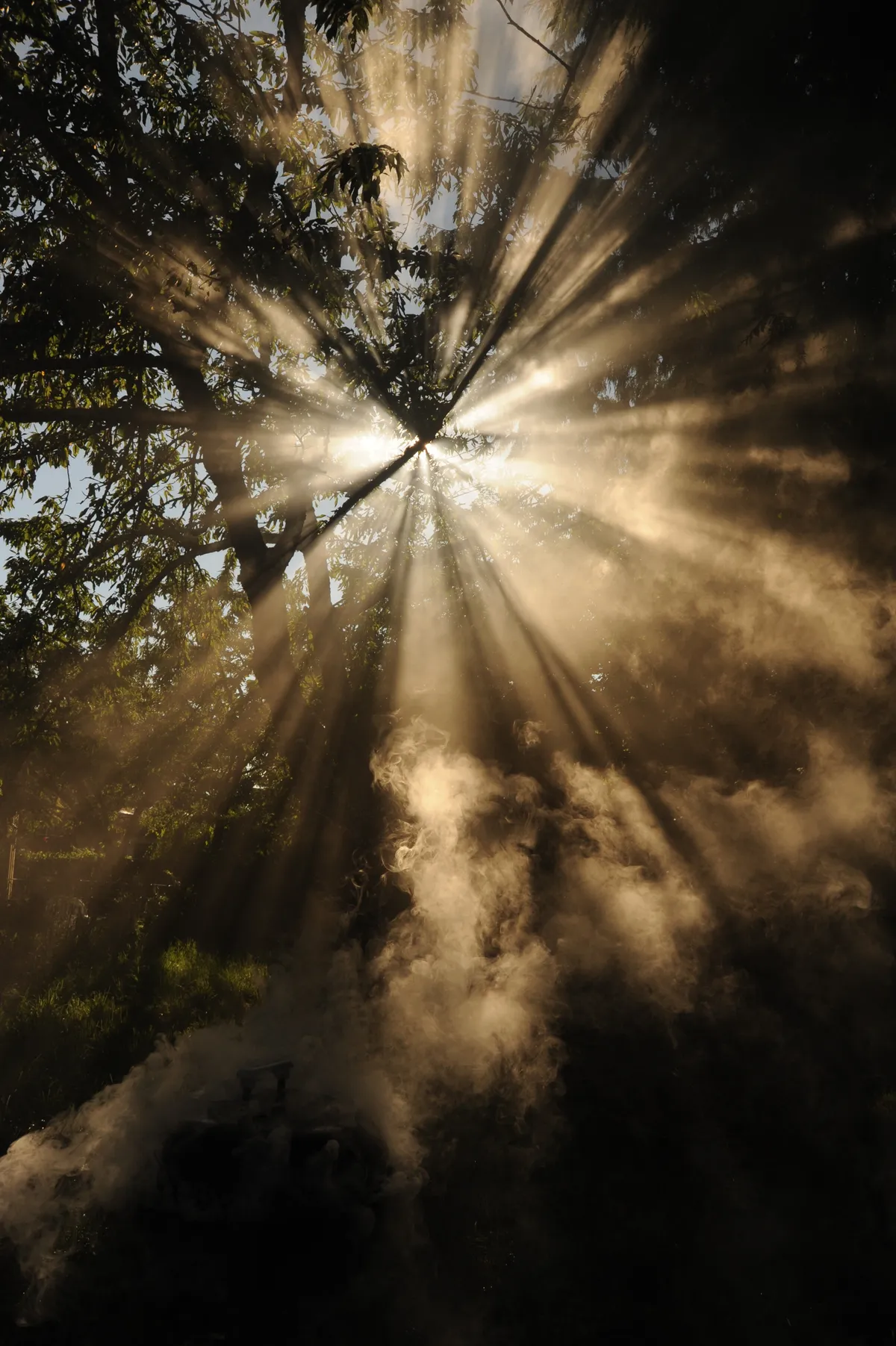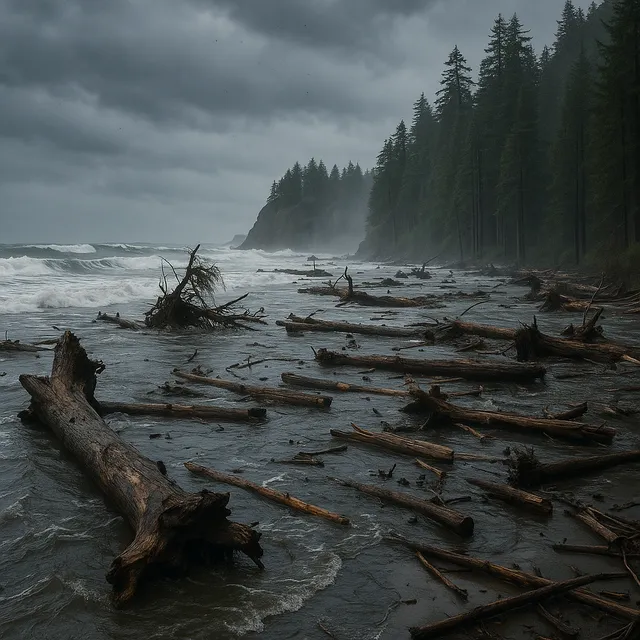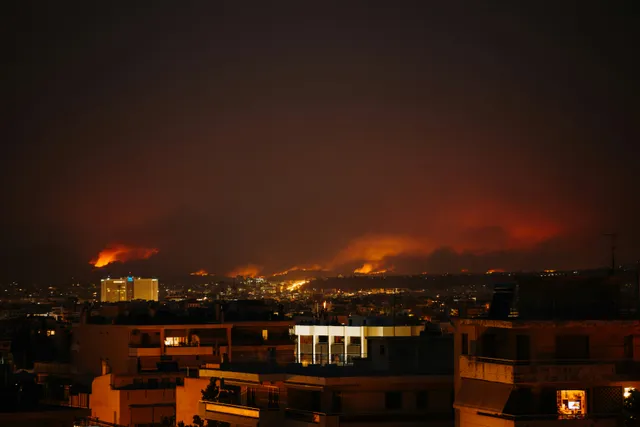It is my opinion that human beings are gifted with a unique emotion called hope. Typically, a normal person doesn't look for risks and threats. If they spend a lot of time worrying about all of the things that could go wrong, it may paralyze them. They may not even leave their house because they are obsessed with the risks that they face. Hope helps a person to function in daily life.
But hope prevents people from understanding the risk landscape that they face, because there are so many misperceptions about risk. For instance someone may perceive that radiation is a risk or that toxic chemicals in water are a risk. There is a slight amount of risk with these things, but the risk from driving their car vastly outweighs that. So our perception of risk is skewed that prevents people from acting effectively to prepare. Additionally, people are busy. They intend to prepare. They know they should spend time making a disaster plan. But very few get around to it because they are busy.
I was at an executive session for the emergency managers where a Harvard professor, an expert in surveying populations, shared results from one of his projects to understand how many people actually prepared for disasters. Turns out, people have heard of government programs like ready.gov and the Red Cross ready campaigns. But when asked if they have done any of the preparedness activities - a preparedness plan, a go bag, etc, most people had not. His conclusion was that these programs and campaigns were largely ineffective in changing or enabling people to take preparedness actions.
It was found that the subset of people that do prepare are people who themselves have been the victims of a disaster. There is a high correlation between someone who has been in the midst of disaster and people that tended to take action to prepare. But no one else. For example, let's just say you're in a town and there was a tornado and your next door neighbor's house is destroyed but your house was not damaged. Your next door neighbor is much more likely to prepare but you are not more likely to prepare as before the tornado hit your town.
Bottom line, disaster preparedness is a very difficult area to try to make progress in.
Watch the video here.




